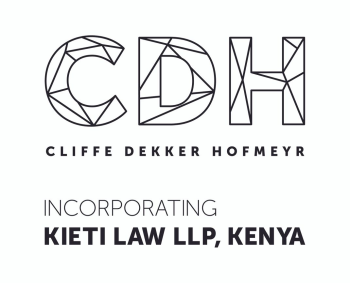The 2019 Budget noted that a global downward trend in corporate taxation rates may lead to an unintended increase in the imputation of controlled foreign companies' (CFCs') net income in South African shareholders' taxable income. This could occur despite the fact that at its inception, a CFC has operated in a jurisdiction with tax rates which met the present threshold currently contained in Paragraph (i) of the proviso to Section 9D(2A)(l) of the Income Tax Act.
The proviso currently deems a CFC's net income to be nil where the tax payable in the foreign jurisdiction amounts to 75% of the normal tax which the company would have paid in South Africa. In the event that the so-called 'high-tax' exemption applies, no CFC income is imputed to the South African shareholder.
The budget proposes a reduction in the threshold to less than 75%. This would avoid the situation where a taxpayer, who had set up a CFC under the assumption that the high-tax exemption applied is now subject to South African income tax based on the foreign jurisdiction's tax policy changes.
The budget also notes that this reduction must consider the risks to the tax base. This risk lies in a broader range of jurisdictions falling within the new lower threshold, thereby reducing the tax base. South African taxpayers may even seek out these jurisdictions and interpose a company in a jurisdiction which has favourable tax rates and trap income there, to the detriment of the South African fiscus.
This article was first published by the International Law Office, a premium online legal update service for major companies and law firms worldwide. Register for a free subscription.


